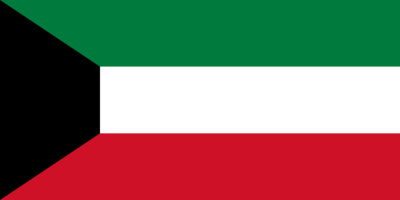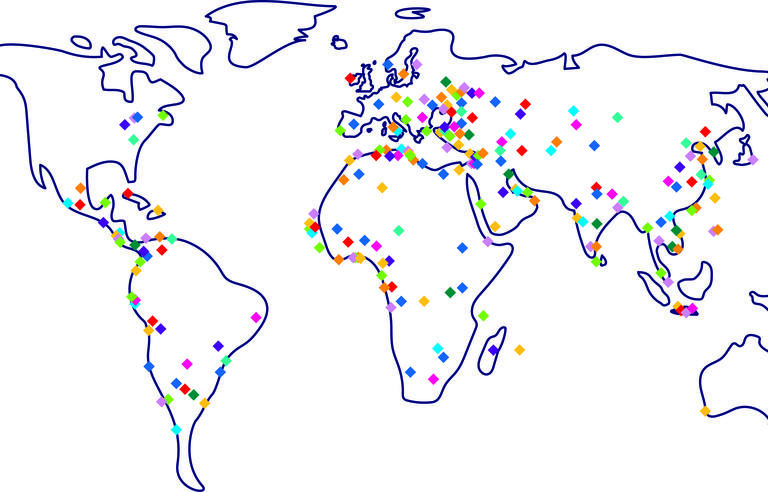Am I subject to the differentiated tuition fees introduced in public institutions?
All audiences
You will have to pay differentiated registration fees (ie registration fees of an amount different from that applicable to French nationals) if...
...you are an extra-community student and that:
- You register for the first time in License, Master's degree or in an engineering cycle at the start of the 2021/2022 academic year;
- At a higher education institution under the MESRI;
- As long as you are not permanently settled in France.
You will not have to pay differentiated registration fees
according to your nationality
- You are a student assimilated to the national students namely the nationals of the States of the European Union, the European Economic Area (Norway, Iceland, Liechtenstein), Monaco, Andorra, Switzerland, the residents of Quebec;
according to your status
- You are a student with a long-term resident card or a student who has declared his or her tax home or has been attached to a tax household in France for more than 2 years;
- You are a student with refugee status or subsidiary protection status;
according to the training you will follow in 2021/2022
- You are a student enrolled in a doctoral studies, habilitation to conduct research and postgraduate degrees in medical, dental and pharmaceutical studies;
- You are a student enrolled in a preparatory class for the grandes écoles and having a double degree in a Bachelor's degree at the university;
according to your situation in 2020/2021
- You are a student enrolled in a public higher education institution under the MESRI at all levels (License, Master, Doctorate) before the start of the 2019/2020 academic year;
- You are a student enrolled in a center of French as a foreign language (FLE) before the start of the academic year 2019/2020.
LET'S DOUBLE CHECK : WHICH TUITION FEES ACCORDING TO YOUR SITUATION?
Tuition fees similar to those of 2020/2021 and equivalent to those of French students for…
- Students with the nationality of countries in the European Union, the European Economic Area or Switzerland;
- Students with the nationality of a country that has signed an agreement with France providing for the payment of enrolment fees under the same conditions as French students. This is the case with Andorra and Canada (for students resident in Quebec);
- Non-EU students...
- ...already registered in a public higher education establishment in 2020/2021, at all levels (Bachelor's's, Master's, Doctorate);
- ...enrolled in doctoral studies, habilitation to conduct research and postgraduate degrees in medical, dental and pharmaceutical studies;
- ...enrolled in a preparatory class for the grandes écoles and having a double degree in a Bachelor's degree at the university;
- ...holders of a long-term resident card or students who have declared their tax home or have been attached to a tax household in France for more than 2 years;
- ...who have refugee status or who benefit from subsidiary protection.
No tuition fees, whether differentiated or not for…
- Students who come to study in France as part of a partnership agreement between universities that provides for total exemption from enrolment fees (like the Erasmus+ exchange programme in particular);
- Students who have been awarded a French government grant (BGF) ;
- Students who have been awarded a grant from their host institution, providing for total exemption from enrolment fees.
Partial or total exemption for…
Non-EU students who have been granted full or partial exemption from tuition fees by their host institution in France or by the French embassy in their home country.
The government's plan to attract international students gives embassies and institutions the opportunity to exempt a very high number of non-EU students from payment of differentiated tuition fees : 14,000 exemptions will be granted by embassies and institutions may exempt up to 10% of the total number of students who will enrol at the start of the 2021 academic year.
Differentiated tuition fees for…
Non-EU students not in any of the situations listed above :
- Arriving in France at the beginning of the academic year 2019 and enrolling for the first time in a cycle of higher education in Bachelor or Master or in an engineering cycle;
- Joining a public higher education institution, overseen by the Ministry of Higher Education. This is the case for all universities for example. To check, consult the list of public higher education institutions involved in applying differentiated fee payments.




















